5 Reasons Your Heart is Skipping Beats Constantly & Is it a reason to Worry
Does your heart suddenly race, beat irregularly, or even flutter? Is your heart skipping beats constantly? This sensation is known as heart palpitations. You might feel it in your chest, throat, or even your neck. Since you're usually unaware of your heartbeat, experiencing constant heart palpitations can be quite frightening. However, while palpitations are often not caused by serious health issues, they can sometimes signal underlying problems. It is important to understand their causes for early detection and treatment.
Treating heart conditions can be costly and require lengthy care, which is why many patients from African countries like Nigeria, Kenya, and Tanzania seek advanced cardiac treatments in India, where world-class hospitals, experienced surgeons, and advanced technology offer high-quality cardiac treatments at affordable prices.
So, if you needed to hear the answer to ‘why my heart is skipping beats constantly’ and ‘what to do,’ then this blog is for you.
What are Heart Palpitations?
Heart palpitations are the sensation of your heart beating unusually fast, hard, or irregularly. You might feel like your heart is racing, skipping a beat, or fluttering in your chest, throat, or neck. While continuous heart palpitations can be unsettling and uncomfortable in nature, they are often harmless and may occur due to stress, anxiety, caffeine, or exercise.
However, in some cases, palpitations can indicate an underlying heart condition or other medical problems including . This makes it important to pay attention to the frequency and intensity of the palpitations, especially if they are accompanied by other heart palpitations symptoms like chest pain, dizziness, or shortness of breath, as they can be an indication of a serious issue.
What are the Symptoms of Heart Palpitations?
Heart palpitations are characterised by widespread and increased attention to one’s heartbeat—whether extremely quick, extremely sluggish, or otherwise unstable. While they are very common and generally not harmful, these heart palpitations symptoms can sometimes indicate a more serious problem.
There are several common factors that can trigger heart palpitations—anxiety, stress, nicotine, caffeine, alcohol, or a panic attack. Pregnant women and persons with obesity might also experience continuous heart palpitations. In some cases, they could be a sign of dehydration, electrolyte imbalances, or hormonal changes, such as those during menopause.
However, the experience of palpitations can vary. Some people may notice them more at bedtime, possibly due to their sleeping position. Consuming fast food, especially foods high in carbohydrates, sugar, and sodium, can also trigger palpitations. Fortunately, heart palpitations symptoms usually don’t last long, so there’s no need to be overly concerned.
Considerations
So, now, you have to know when you consult a specialist? Generally, our heartbeats around 60-100 times per minute. It may fall below 60 beats when exercised daily, and taking severe medicines causes heart issues. Again, when your heart rate is over 100 beats per minute- in medical terms, it is called tachycardia, and low heartbeats are called bradycardia. Again, extrasystole happens when you experience excessive heartbeats occasionally. Most of the time, vibrations are not severe.
What are the Reasons for Heart Palpitations?
There are several reasons for heart palpitations, and they can vary from person to person. Below are some conditions that may cause an abnormal heart rhythm:
- Severe heart disease, especially when palpitations begin
- Significant risk factors for heart disease
- An abnormal heart valve
- Electrolyte imbalances in your blood
What are the Causes of Heart Palpitations?
Understanding the heart palpitations causes is important, as it helps you determine when you should be concerned or consult a doctor. Let’s see what the common causes of heart palpitations and their risk factors are:
■ Stress and Anxiety:
Anxiety disorders are among the most common psychological conditions, affecting around 1 in 5 people at some point in time. Both stress and anxiety are widespread triggers for palpitations and are generally not linked to heart disease. Anxiety is especially common during stressful situations, such as public speaking, career issues, or air travel.
If anxiety persists over time, it may be a sign that you need to consult a healthcare professional. Proper treatment for heart palpitations, including therapy and medication, can help manage anxiety and panic disorders.
- Breathing changes, rapid heart rate, and digestion are all influenced by the autonomic nervous system (ANS), which becomes activated during anxiety.
- The ANS triggers the ‘fight or flight’ response in your body.
- This response can cause a fast heartbeat without any physical exertion.
- Heart palpitations caused by anxiety usually last only a few minutes.
■ Caffeine, Nicotine, and Alcohol:
In medical terms, atrial fibrillation is an irregular heartbeat that can lead to a stroke. Behaviours such as consuming alcohol, caffeine, or nicotine are known triggers for AF. While you may not always feel AF, symptoms like chest pain, heart palpitations, or an irregular heartbeat can sometimes indicate its presence.
- AF may last for the entire day, or it may come and go.
- Caffeine and nicotine can both trigger palpitations. People with weak hearts may be more susceptible to these effects.
- Drinking alcohol, especially in excess, can lead to palpitations, often associated with the holiday heart syndrome.
- Palpitations can occur after consuming even small amounts of alcohol for some people.
■ Exercise
If you exercise regularly, you may experience heart palpitations just before or after the physical activity. Exercise is beneficial for overall health, though, and you shouldn’t stop because of palpitations.
- After exercising, your body’s adrenaline levels remain elevated for a short period, which can cause your heart to palpitate.
- Eventually, as adrenaline levels decrease, your heart rate should return to normal.
- If palpitations are limited to this, there is generally no cause for concern.
- However, if you experience palpitations along with chest pain, difficulty breathing, or severe lightheadedness during exercise, it is essential to seek medical advice.
- It’s a good idea to consult an expert before starting a new exercise routine to ensure it's safe for your heart.
■ Pregnancy
Heart palpitations are a common problem during pregnancy. As your body adjusts to the growing baby, blood volume naturally increases, and your heart pumps harder to accommodate the extra circulation. This increased blood flow can lead to heart palpitations, with blood volume potentially rising by about 50%.
Factors that can heighten the risk of palpitations during pregnancy include:
- Anaemia: A common condition that affects many pregnant women.
- Blood composition changes: During pregnancy, there is an increase in blood fluids, often outpacing the increase in red blood cells.
- Anxiety, stress, and depression: These emotional factors can contribute to palpitations.
- Hormonal changes: These fluctuations are a normal part of pregnancy but can also cause palpitations.
- Obesity: These conditions can put additional strain on the heart.
- Low blood sugar or low blood pressure: Both can lead to palpitations during pregnancy.
■ During the hours of relaxation
You can even experience heart palpitations at night many times. It would be best to remember that these are generally common, and there is no sign of any severe issue. In case you sleep on your side, the posture of your body and pressure emerge internally. You only notice it after sleeping because of lessened noise or less destruction as you are relaxed in bed.
- You may also experience a strong pulse in the head, chest, and nose simultaneously.
- Abdominal pressure increases as you bend your body and carry behind the 'left atrium of your heart.'
- However, heart palpitations at night may arise throughout the day or because of your work rate.
When should you visit a doctor regarding Heart Palpitations?
It’s important to distinguish between palpitations caused by anxiety or secondary arrhythmias and those that may signal an underlying heart condition. If you are healthy, you probably don't need to worry about palpitations. It happens once in a while and lasts only for a few seconds. But you must remember that it is a medical emergency only when your heart palpitations connect to chest pain or breathing trouble. If so, you must activate the emergency response system and look for a doctor consultancy as soon as possible.
As discussed, palpitations can be triggered by various factors, often related to an unusual heartbeat. It is important to know how to find the cause and further treatment. After analysing your medical history, the consultants will advise you on some medical tests. It will enable doctors to understand the heart palpitations causes.
■ Tests for identifying heart palpitations
ECG: Electrocardiogram, or ECG, helps detect various electrical signals that monitor your heartbeat.
Holter Monitor: Holter monitor is a portable ECG device. You have to wear these 1-3 days at a time. It tells the heart rate and any other related issues. It also tells you whether you have to take further tests or not.
Event monitor: In the case of an event monitor, you have to wear it frequently for many weeks. It records heart rhythm after pressing a button while feeling symptoms.
Echocardiogram: The echocardiogram test utilises sound waves to take images of the heart to find out problems according to the heart structure.
When Are Heart Palpitations Linked to a Serious Heart Problem?
For palpitations resulting in severe heart disease, below are some possible difficulties that may include:
■ Fainting: Heart palpitations cause a patient’s blood pressure to drop and sometimes lead to fainting. People with severe heart diseases, like valve problems, etc., are the victims of these risk factors.
■ Cardiac arrest: While most heart palpitations are not life-threatening, in some cases, they can signal a more serious issue, such as cardiac arrest. In this extreme situation, the heart may stop beating altogether, which requires immediate medical intervention.
■ Stroke and heart attack: Sometimes, blood can pool and cause clots to form. It only happens when the upper chamber of the heart quivers and does not beat the right way, leading to the formation of a heart palpitation. If the clots burst, it can cause a severe brain stroke or a heart attack, possibly blocking a brain artery.
How Can You Treat Heart Palpitations?
Many heart palpitations causes are self-limiting and can be managed with lifestyle changes. But medical attention might be necessary in several cases, including:
- Making lifestyle changes, such as diet control, can help in reducing these occurrences.
- Limiting or avoiding caffeine, alcohol, or nicotine intake.
- Depending on the cause of your palpitations, doctors may prescribe treatments to control your heart rate and rhythm.
- In some cases, surgery may be recommended to understand the underlying causes of certain palpitations, such as those caused by heart diseases like atrial fibrillation or atrial flutter.
- Lifelong monitoring of high blood pressure, excessive cholesterol or high sugar, and quitting smoking are some controllable risk factors.
- Using the right cold medication, avoiding alcohol, and steering clear of certain herbal supplements can help relieve palpitations.
- Sometimes, relaxation and comfort are considered the best remedy for heart palpitations.
Are Heart Palpitations a Reason to Worry?
Heart palpitations are not a condition experienced by everyone. For some, they occur intermittently, and in most cases, they are not severe and don’t require medical consultation. Often, palpitations are simply a sign of a normal heart rate. However, sometimes they can signal a more serious health issue, like heart attacks.
In such cases, you might need medical support if the palpitations are unusually frequent or prolonged. It’s important to make sure that there is nothing serious going on, and reassurance from your doctor can be helpful when palpitations occur. If you already have underlying heart conditions, it is important for you to consult your doctor and seek immediate medical attention.









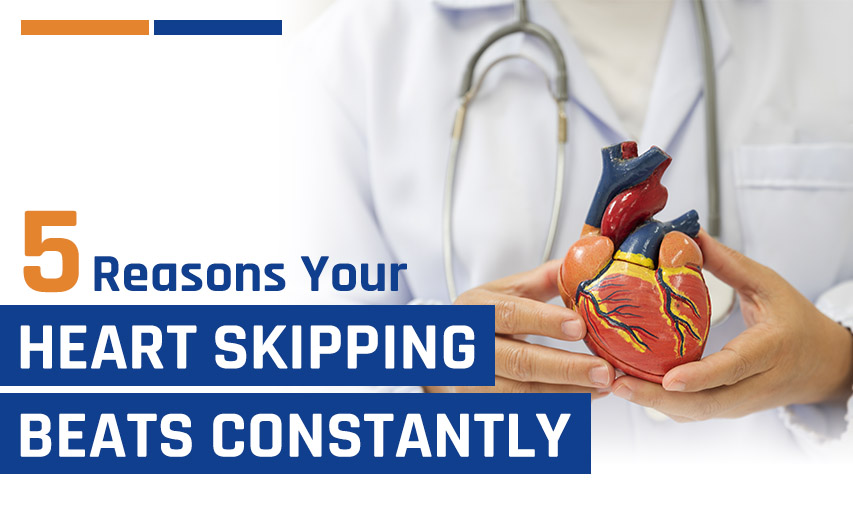


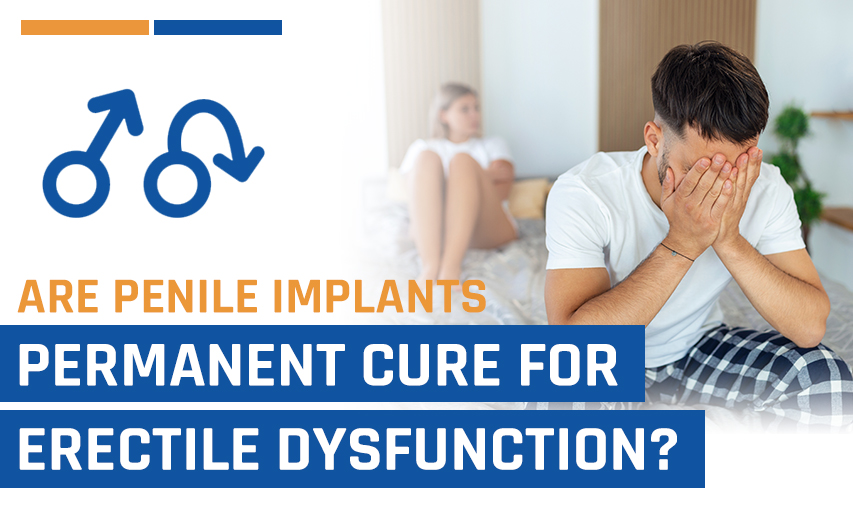
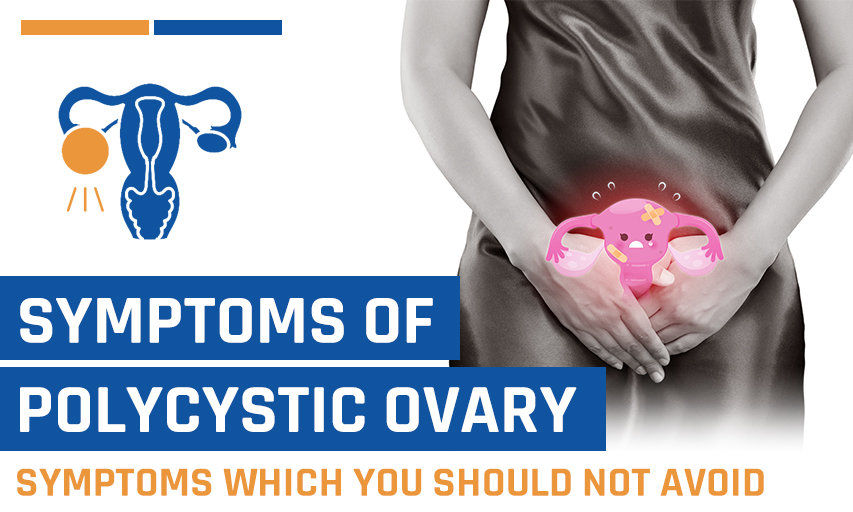
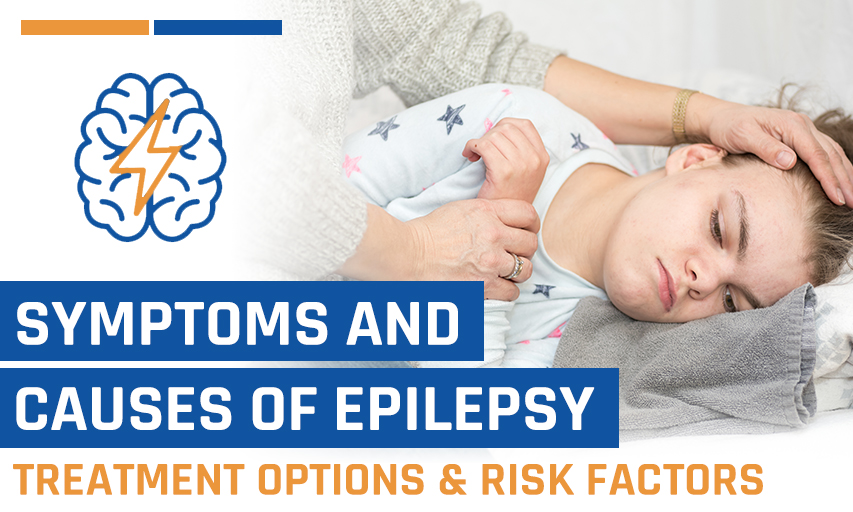
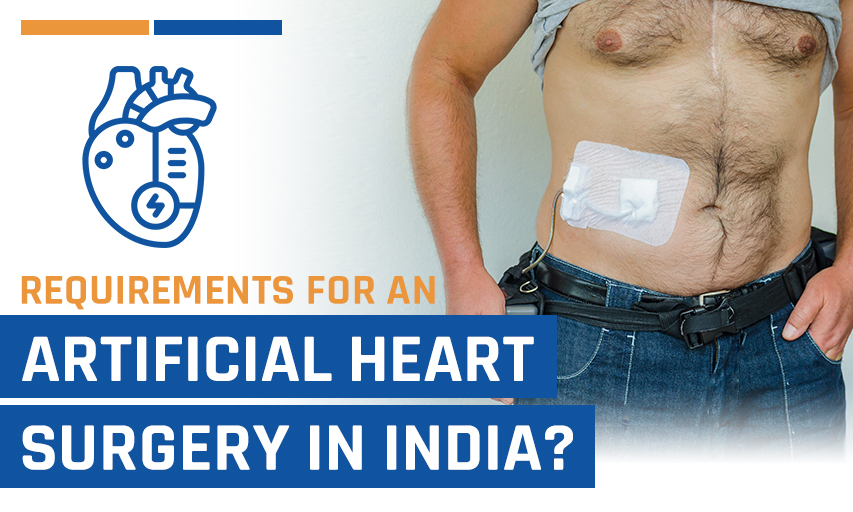
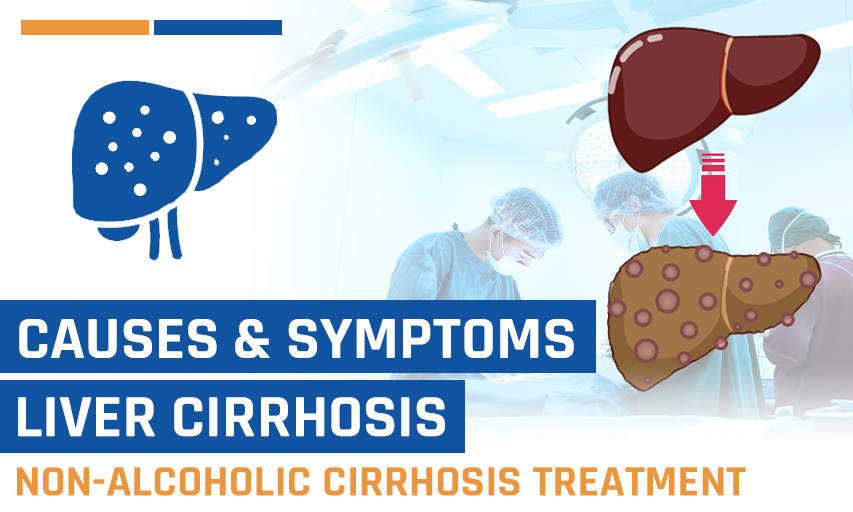
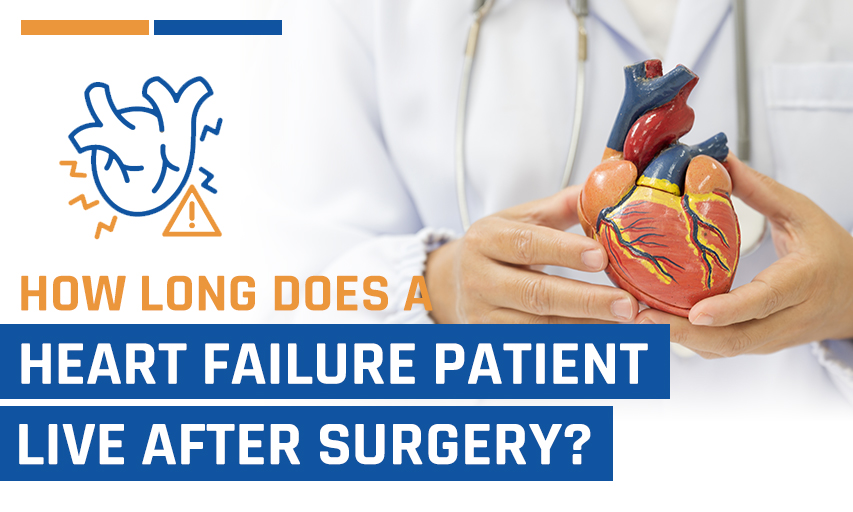


Be First To Comment
Leave a Comment